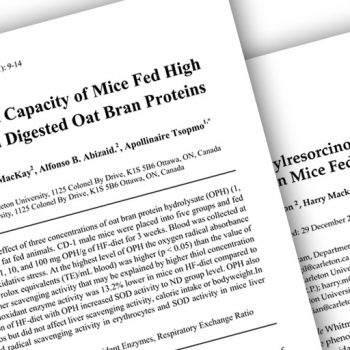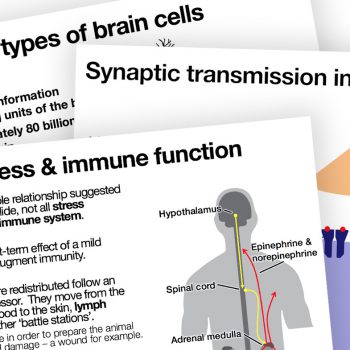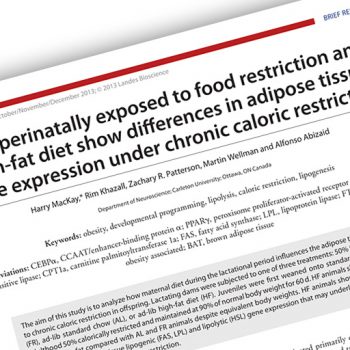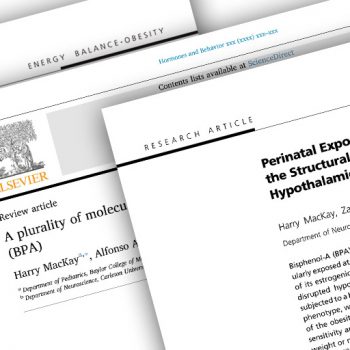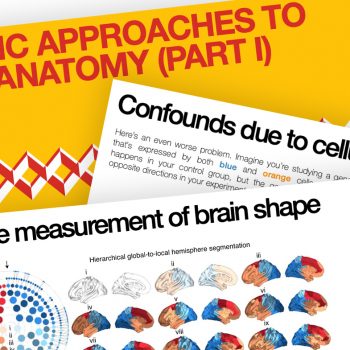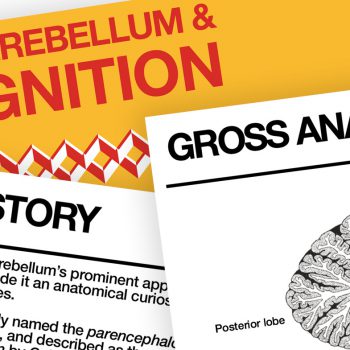Some of my side projects in the Abizaid lab focused on various aspects of ghrelin signalling in the brain, and how this may mediate behavioural and metabolic adaptations to psychosocial stress and nutritional challenge. Ghrelin is a peptide hormone secreted by the stomach. It was initially thought to be a sort of ‘hunger hormone’, since its levels peak before a meal, and since it induces ravenous feeding when injected. This may well be true, but we and others have shown that ghrelin has a much more diverse range of effects than that.
We have found, for example, that ghrelin levels also rise during and after periods of psychosocial stress in mice. Under these conditions, stressed mice show a preference for carbohydrate-heavy foods. Using pharmacologic and genetic disruption of ghrelin receptors, we showed that this effect is mediated by central ghrelin signalling. Manipulating ghrelin signalling in-vivo is central to these sorts of studies, and so it has been a major focus of the Abizaid lab. My friend and colleague Martin Wellman developed a novel peptide-based drug called CF801 that is able to regulate active ghrelin levels in the blood, and we showed that it is able to disrupt many of ghrelin’s metabolic and behavioural functions. We have also experimented with a line of ghrelin receptor-deficient rats, which show many of the same metabolic and behavioural phenotypes as ghrelin receptor knockout mice. Knockout rats are quite difficult to produce, and thus very rare in research, but rats are preferred for some kinds of studies and so we think these will be a valuable research tool in the future.
Relevant papers:
S. Park, S. King, D. Macdonald, A. Wilson, H. MacKay, B. Woodside, A. Abizaid, Contribution of growth hormone secretagogue receptor ( GHSR ) signaling in the ventral tegmental area ( VTA ) to the regulation of social motivation in male mice. Transl. Psychiatry, 1–14 (2021).
MacKay H, Charbonneau VR, St-Onge V, Murray E, Watts A, Wellman MK, and Abizaid A. Rats with a truncated ghrelin receptor (GHSR) do not respond to ghrelin, and show reduced intake of palatable, high-calorie food. Physiology and Behavior, 2016
Wellman MK, Patterson ZR, MacKay H, Darling JE, Mani BK, Zigman JM, Hoagland JL, and Abizaid A. Novel regulator of acylated ghrelin, CF801, reduces weight gain, rebound feeding after a fast, and adiposity in mice. Frontiers in Endocrinology, 2015
Patterson ZR, Khazall R, MacKay H, Anisman H, and Abizaid A. Central ghrelin signaling mediates the metabolic response of C57BL/6 male mice to chronic social defeat stress. Endocrinology, 2013




